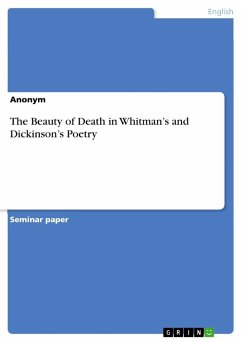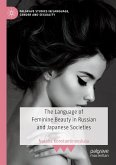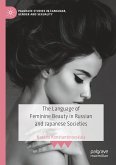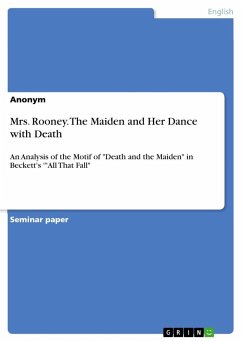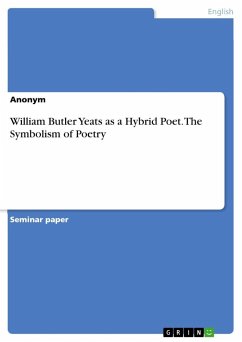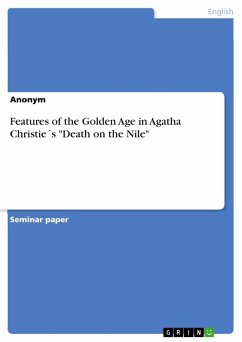Seminar paper from the year 2020 in the subject English Language and Literature Studies - Literature, grade: 1, University of Innsbruck, language: English, abstract: This paper analyses these aspects of ¿beauty¿ in death within three poems by each author that are commonly associated with the topic; those are "Song of myself", "To Think of Time" and "As at thy Portals also Death" by Walt Whitman, as well as "I heard a fly buzz ¿ when I died", "Because I could not stop for Death" and "I haven¿t told my garden yet" by Emily Dickinson. This analysis then allows for a deeper insight into how these two writers make death beautiful in the conclusion. Death is a topic that is discussed widely in all of poetry. Two very popular poets of 19th century America whose works often centered around the issue are Walt Whitman and Emily Dickinson. Though most of Dickinson¿s poetry and large parts of Whitman¿s Leaves of Grass deal with this common theme, their poetry is quite different in their writing styles, length, etc. However, I would argue that both Whitman and Dickinson share a positive view on death, that is among other things depicted by the aesthetic language they use to describe the end of life as well as their belief in immortality or some sort of an afterlife, which is commonly associated with a ¿beautiful¿ experience when someone passes on.
Hinweis: Dieser Artikel kann nur an eine deutsche Lieferadresse ausgeliefert werden.
Hinweis: Dieser Artikel kann nur an eine deutsche Lieferadresse ausgeliefert werden.

